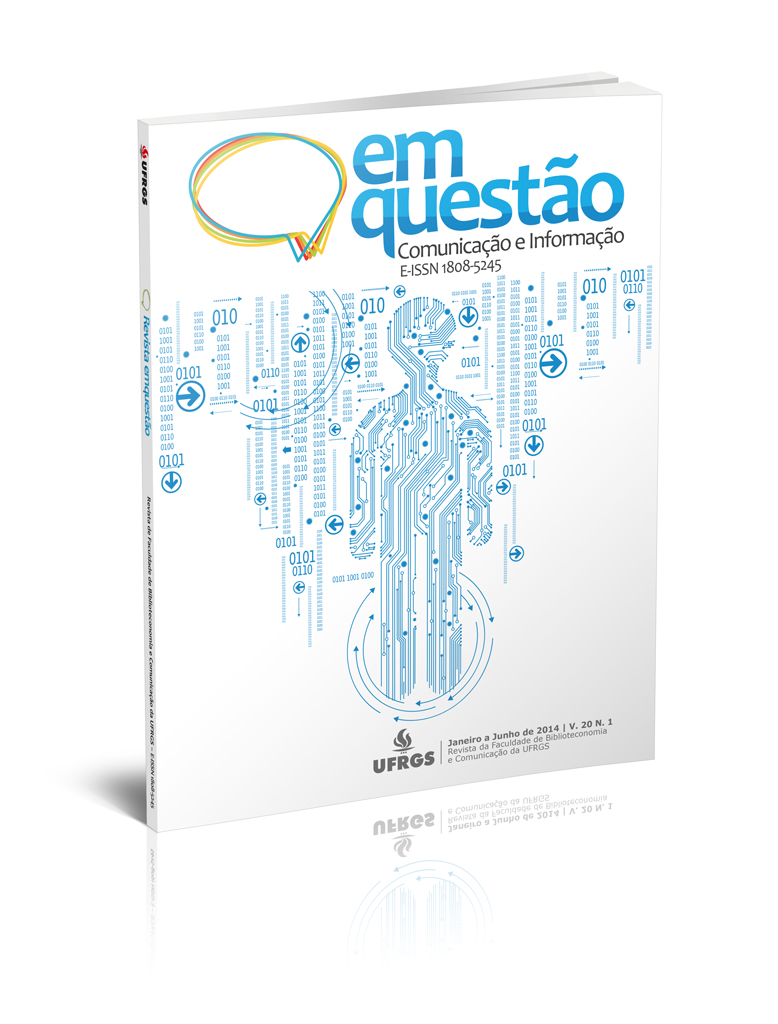Summaries and seminars as teaching and learning methodologies: an experience report
Keywords:
Teaching method. Summary. Seminar. Teaching and learning. Initiation to teaching.Abstract
This article reports an interdisciplinary educational experience held in the School of Library Science at the Federal University of Ceará, in order to present and discuss the possibilities of using summaries and seminars and their influences concerning the teaching and learning process of the students in this course. In order to do so, we considered how these methodologies were being adopted by the students and assessed by the professors, paying attention to the way the afore mentioned methodologies were employed in the classroom. Our research was employed through the study of the corresponding literature of these methodologies, identifying possible disparities existing in the application and use of these tools. In the following moment, we organized two seminars in order to explain in more detail what constitutes the exercise of making summaries and how the seminars should be presented. The results of these experiences of initiation to teaching demonstrated that the actions put into practice by the monitors contributed decisively to the comprehension and understanding of the methodologies of teaching and learning in the perspective of the topics herein covered, allowing the exchange of unique experiences with professors, involvement with the everyday teaching activity, and especially the awakening to the academic venture.Downloads
Downloads
Published
How to Cite
Issue
Section
License
Copyright (c) 2014 Carla Façanha Brito, Odete Mayra Mesquita, Virgínia Bentes Pinto

This work is licensed under a Creative Commons Attribution 4.0 International License.
Authors who publish with this journal agree to the following terms:
Authors will keep their copyright and grant the journal with the right of first publication, the work licensed under License Creative Commons Attribution (CC BY 4.0), which allows for the sharing of work and the recognition of authorship.
Authors can take on additional contracts separately for non-exclusive distribution of the version of the work published in this journal, such as publishing in an institutional repository, acknowledging its initial publication in this journal.
The articles are open access and free. In accordance with the license, you must give appropriate credit, provide a link to the license, and indicate if changes were made. You may not apply legal terms or technological measures that legally restrict others from doing anything the license permits.









